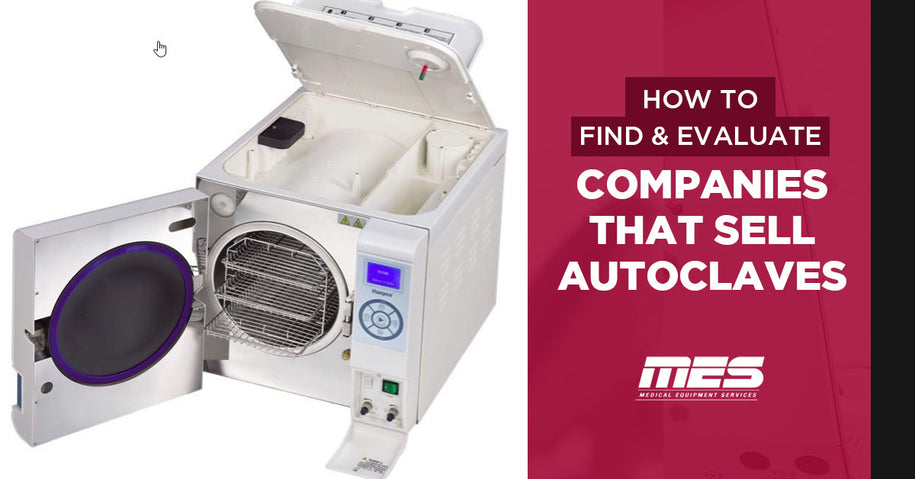Finding the Right Autoclave Suited Best for Your Laboratory
In any research facility, including a laboratory, finding the right autoclave plays a crucial role in ensuring that the work environment is sterile. Sterilising laboratory apparatuses is one of the basic features of why an autoclave machine is important in these types of workplaces. The autoclave will destroy all harmful organisms and allow you to maintain an infection-free working environment. Depending on the type of laboratory, there are various factors to take into consideration when choosing an autoclave. While the majority of these machines are following various manufacturing directives and have the same basic features, it is important to remember...













